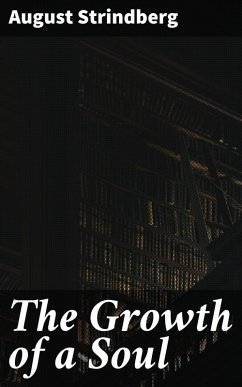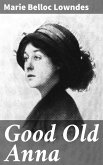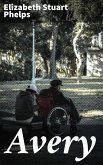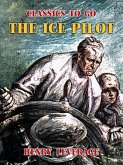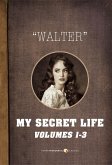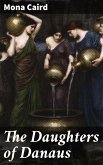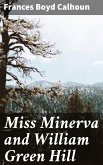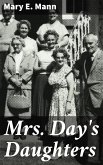August Strindberg's 'The Growth of a Soul' delves into the complex journey of personal and spiritual development through the lens of his unique literary style, marked by a blend of realism and expressionism. This semi-autobiographical work encapsulates the protagonist's struggles with society, love, and existential despair, reflecting Strindberg'Äôs profound engagement with philosophical themes prevalent in the late 19th century. Through vivid imagery and a fragmented narrative that mirrors the chaotic inner world of the character, Strindberg navigates the intricacies of human experience, making this text a crucial part of his oeuvre and a pivotal contribution to modernist literature. Strindberg, a significant literary figure known for his tumultuous life experiences, including personal crises and profound relationships, drew inspiration from his own existential battles when penning this book. His background as a playwright and novelist informed his experimental approach to writing, allowing him to infuse psychological depth and emotional authenticity into his characters. Strindberg's exploration of themes such as identity, alienation, and the search for meaning reflects a broader European discourse of the time, particularly the emergence of individualism and self-examination. 'The Growth of a Soul' is highly recommended for readers interested in psychological narratives and existential themes. It serves not only as a compelling piece of literature but also as a reflective mirror of Strindberg'Äôs tumultuous soul. Engaging with this text will offer valuable insights into the human condition, making it a must-read for those exploring the intersections of art, philosophy, and personal identity.
Dieser Download kann aus rechtlichen Gründen nur mit Rechnungsadresse in A, B, BG, CY, CZ, D, DK, EW, FIN, F, GR, H, IRL, I, LT, L, LR, M, NL, PL, P, R, S, SLO, SK ausgeliefert werden.

